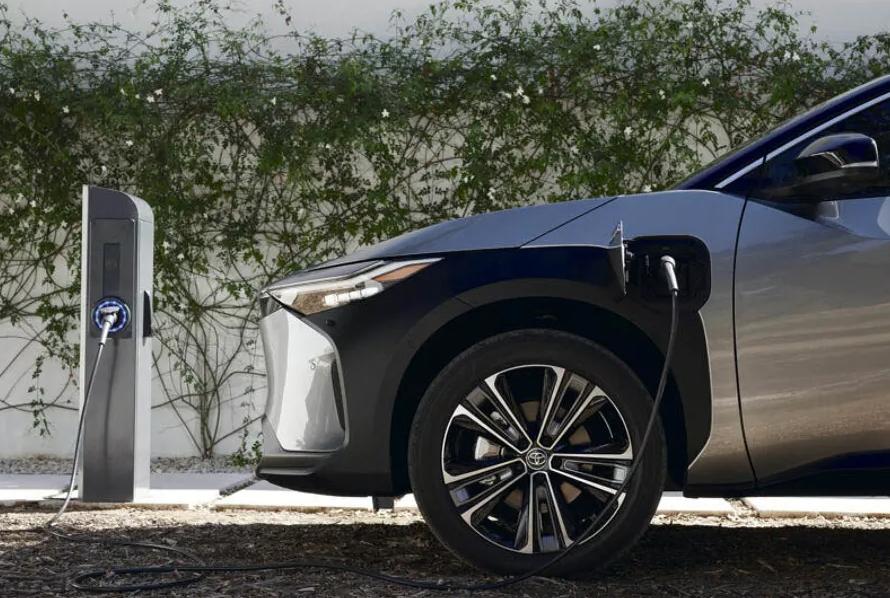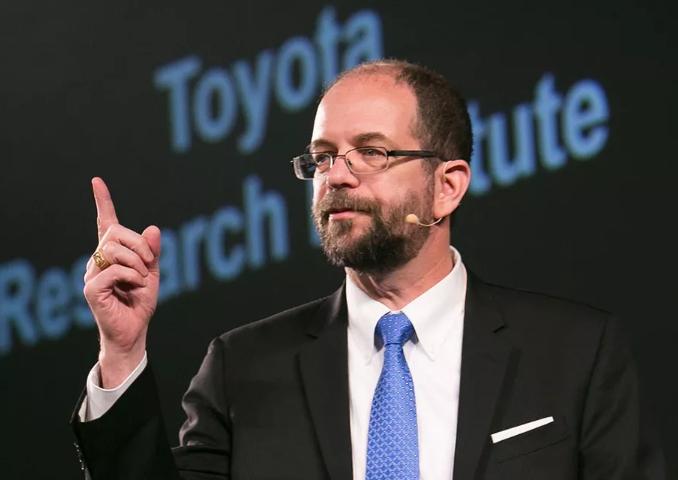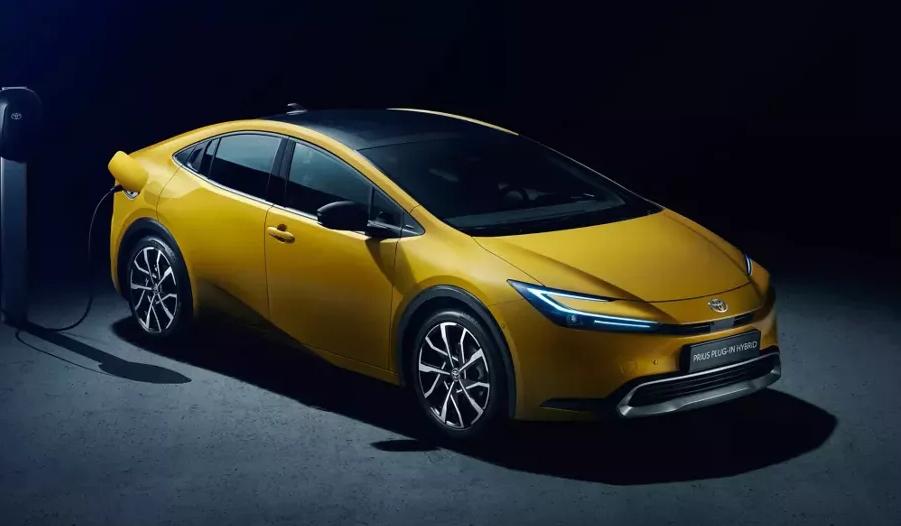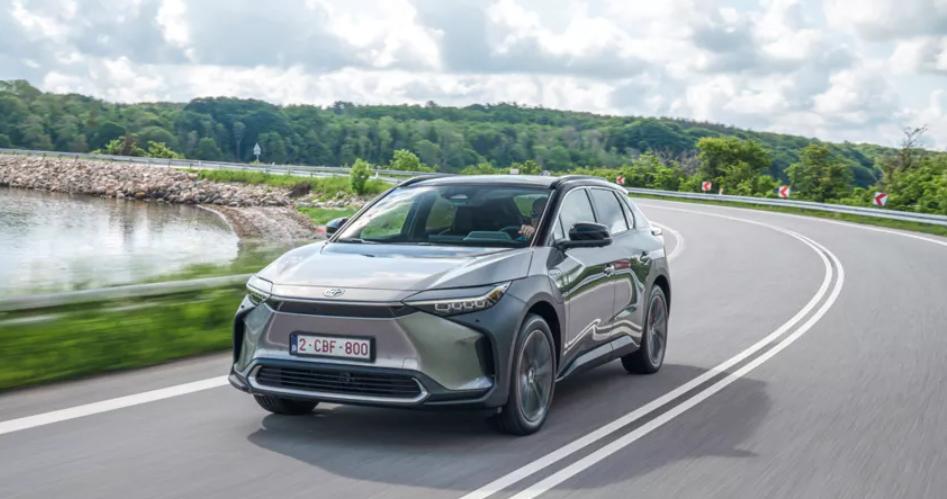Toyota: Electric car fundamentalists are scientifically wrong
February 8, 2023
Toyota has always approached the transition to all-electric vehicles with caution, which has led to criticism. However, the leading Japanese automaker has responded to these criticisms and provides scientific evidence to explain why the electric car enthusiasts are mistaken.
Toyota remains the top automaker globally, but it stands out as one of the few to challenge the mandatory shift to electric vehicles. This stance has faced numerous questions and criticisms, leading to speculation about whether it was responsible for CEO Akio Toyoda stepping down and being succeeded by Koji Sato.
For Toyota, there is not one single solution for the future. The global automaker believes in having multiple technologies coexisting: traditional hybrids, plug-in hybrids, electric cars, and hydrogen vehicles are all viable options. Toyota maintains that achieving carbon neutrality is not solely dependent on electric vehicles.
Different goals

Now, the automaker is taking another step forward by declaring that the proponents of electric vehicles are misguided. Through its Chief Scientist, Gill Pratt, Toyota states that the answer lies in integrating smart solutions and that “time will prove that our perspective is correct. Regardless, there will be diversity in the powertrains adopted worldwide.”
Toyota’s goals stand in stark contrast to those of other automakers striving for carbon neutrality, such as Audi, Volvo, Peugeot, and others. However, Toyota is not abandoning its plans and intends to sell 5.5 million vehicles that utilize internal combustion engines and plug-in hybrids each year by 2030. Out of these, 3.5 million will be electric vehicles, including 1 million sold under the Lexus brand.
An expected shortage of lithium

Toyota’s perspective is based on several considerations and observations, including the expected global shortage of lithium which will impact the feasibility and sustainability of manufacturers that have committed to fully electric vehicles. This situation has led Toyota’s leaders to conclude that to minimize carbon emissions, it is essential to conserve lithium resources and spread their use across as many vehicles as possible. To support this view, Toyota cites several projections which indicate that demand for lithium-ion batteries will continue to outstrip supply until 2040. One scenario suggests that the supply will only meet a third of global demand. It takes 3 years to build a new plant and up to 16 years to develop a new deposit, which means there will be a gap.
In his presentation, Gill Pratt uses the example of a fleet of 100 vehicles with internal combustion engines emitting an average of 250 g/km of CO2. Given a limited lithium supply, two options would be possible: either produce one electric car with a 100 kWh battery and 99 other gasoline-powered vehicles, or 90 electrified vehicles with 1.1 kWh batteries (similar to the ones used in Toyota/Lexus self-charging hybrids) and 10 other combustion vehicles. The difference between the two scenarios: the overall reduction in fleet emissions would be 1.5 g/km in the first case (248.5 g/km overall) but 45 g/km in the second (205 g/km) due to a larger number of vehicles being electrified.
The other manufacturers, all liars?

Toyota acknowledges that the idea of a larger fleet of hybrids rather than a smaller one of all-electric vehicles may seem counter-intuitive at first, but the results are still substantial. The mandatory shift to electric vehicles by some states fails to consider this important detail in the effort to quickly reduce carbon emissions. Gill Pratt also criticizes the claims made by competitors as “lip service” and suggests to read the fine print, as these goals are often stated with a disclaimer “if conditions allow it”.
Toyota is challenging the current conventional thinking on the transition to electric vehicles and is advocating for a more holistic approach that takes into account various factors such as natural, material and human resources, charging infrastructure, and renewable energy sources.
The company’s Chief Scientist, Gill Pratt, has criticized the ambitious claims of some competitors, calling them “lip service”. He argues that the transition to electric vehicles is not a straightforward solution and that hybrid vehicles may be a more effective way to reduce carbon emissions in the short-term. Pratt also highlights the waste of raw materials in electric vehicles and calls for greater honesty from manufacturers and lobby groups towards the public and political decision-makers. Overall, Toyota is promoting a more nuanced and informed approach to the transition to zero-carbon vehicles.